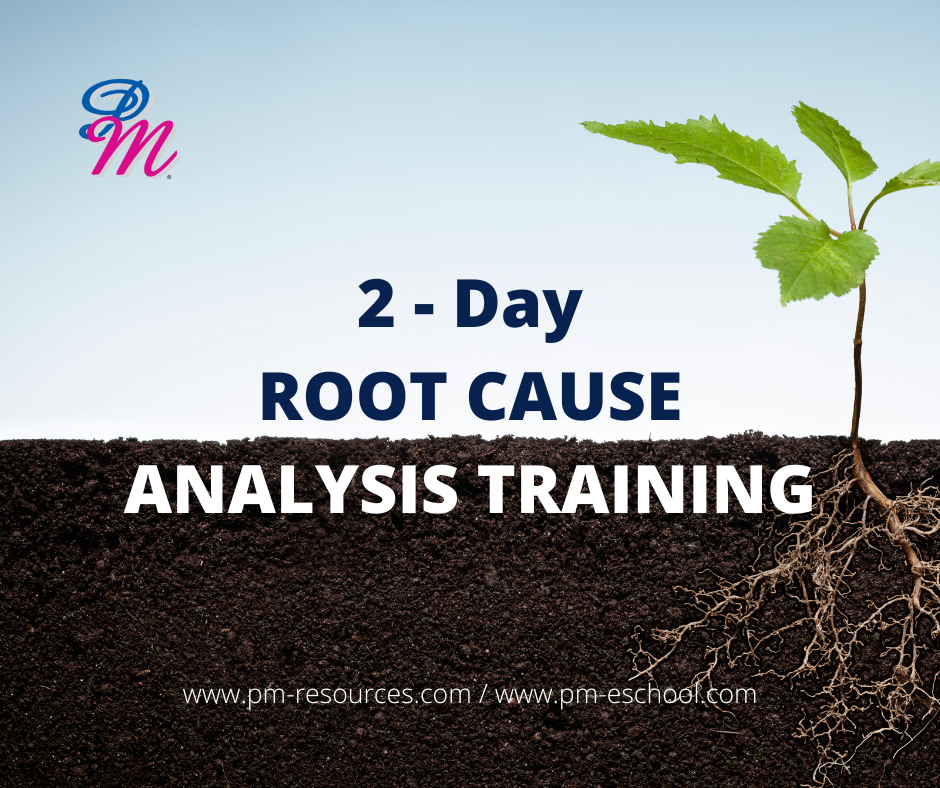Root cause analysis is a generic term used commonly to refer to structured problem solving within organizations.
Root cause analysis of an operations problem, can best be described and defined as the lack of an adequate business process. Because control of operations within organizations is obtained through application of policies and procedures, effective root cause analysis must directly associate the root causes that permit and generate problems with the policies and procedures through which control can be accomplished.
Business processes are the designed ways within an organization through which everything gets done: formally or informally, effectively or ineffectively, safely or unsafely, efficiently or inefficiently. Business processes are the only means by which an organization can manage and focus its activities in the direction of quality and efficiency. When any unwanted event occurs, root cause analysis will discover that there were business processes missing, or ill-suited, or unsupported that either generated or allowed the event to occur.
Root cause analysis solution pathways in the final analysis, regardless of what change is to be made within the organization in order to deal with an operations problem, whether it is a human performance issue, or a facility issue, or an operations issue, are always to identify and remedy the business process that governs the activity, so that a change can be made that will not only correct the problem at hand, but also establish a systemic organizational control to avoid recurrence.
Root cause analysis, without this business process perspective to unify the process, can become a confusing collection of labels. Accordingly, there are human factors-styled root cause analyses, barrier root cause analyses, change, cause-and-effect, energy flow, and fault root cause analyses; in fact, without the unifying structure of a business process to link the different kinds of causes into some logical ordered system, there can be as many types of root cause analysis as there are categories of causes.
By the end of this course, you will be able to:
- Test and validate root causes to confirm the actual source of the problem.
- Select the correct root cause(s) through logical analysis and data-driven insights.
- Implement appropriate corrective actions to eliminate the root cause.
- Measure the effectiveness of corrective actions and ensure long-term success.
- Evaluate the impact of corrective actions on processes and operations.
- Update relevant documentation to capture lessons learned and improve future problem-solving.
This programme involves a wide range of learning approaches, including self – assessment, case studies, small group activities and discussions, interactive lectures, experimental learning group assignments and exercises and presentation and critique.
This training is intended for Supervisors, Officers, Engineers, Managers who manage, lead or participate in problem-solving teams, corrective and preventive action activities or are responsible for customer complaint issues.
- Face-to-Face Training
or
- Remote Online Training via Zoom Platform

- Day One
- Day Two
You May Also Be Interested In
Be Updated on the latest HR & Training Best Practices


 0 0 0
0 0 0

 1 0 0
1 0 0Stay Updated to the Latest HR News & Training Trend
Subscribe to Our Newsletter
By providing your information above, you consent to receive marketing emails from PM Resources Sdn Bhd, which will include the latest news and updates related to our businesses. Our privacy policy contains information how we store and process your data.








